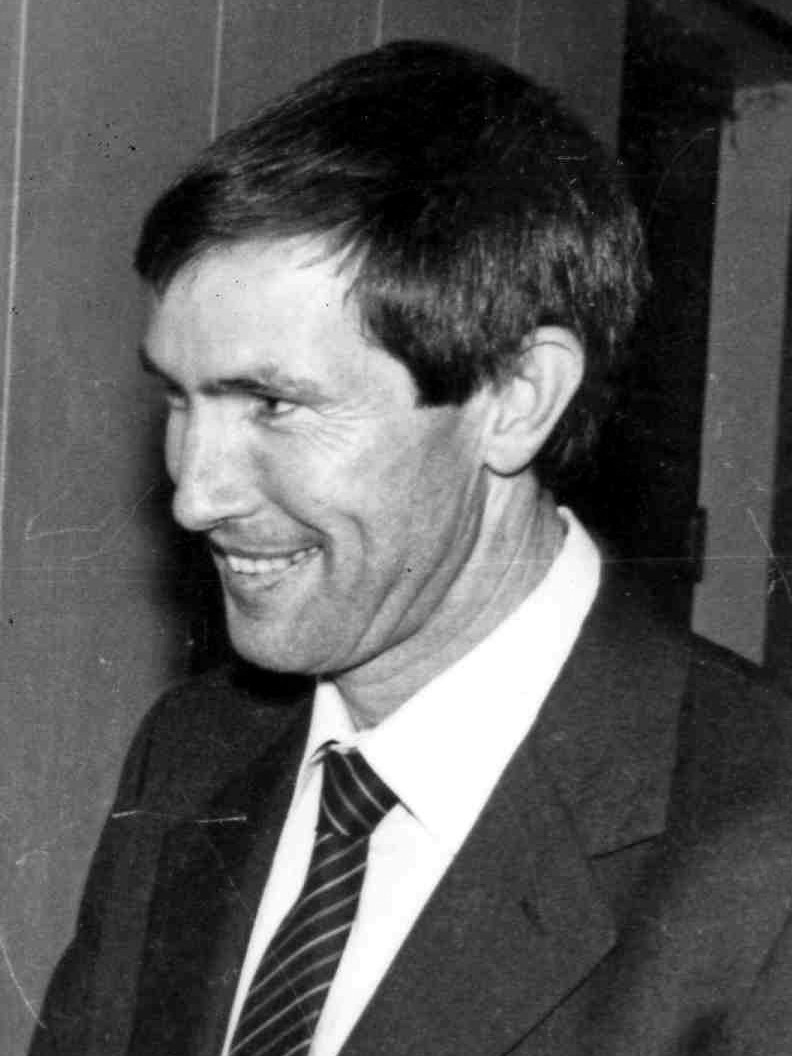The following story will have more resonance for those readers who have listened to the excerpt of the taped conversation with Jenni McManus in my first blog.
In that conversation McManus discussed, with her caller, the fact that she had spoken at length with two Police officers; Alan Davidson and Malcolm Thomas prior to writing her articles. She goes on to inform her caller of the subjects alleged criminal records, information that could only have been provided by Thomas or Davidson for it to have elicited the obvious trust McManus had in it’s authenticity – unfortunately for her a misplaced trust
She continues with her enthusiastic effort to assist the caller further by locating the Police’s telephone number; having scribbled it down amongst the copious notes made whilst on the phone to Thomas and Davidson.
As she is searching she can be clearly heard stating: “God, I should have it here somewhere” and then ” I should have it here I rang them often enough”
This is no doubt the truth of what had occured between Davidson, Thomas and McManus; her admission is clearly given freely and without solicitation. When a formal complaint was eventually made to the Gisborne Police however her memory of just how often she had telephoned the pair and what had actually been said failed spectacularly.
The statement Police obtained from her is remarkable in its lack of detail. So inexplicably devoid of information that the police officer
who had travelled all the way from Gisborne to obtain it, Senior Sergeant Roger Crawford, was drawn to conclude that there was indeed absolutely no need to interview either Thomas or Davidson; as it was exceptionally clear, in his mind at least, that nothing had transpired.
Even more remarkable is the fact that a Police officer on location in Auckland was apparently not capable of the arduous task of obtaining a statement from McManus, as one would expect in the course of a normal police investigation. Thomas after all had used Detective Matt Willcox in Christchurch to obtain false statements from the Solicitor Alexander Lee, so what was so different about this; were they unable to locate a bent cop in Auckland?
For whatever reason the Gisborne Police decided that the expense was warranted as only a local Gisborne cop was up to the task. Senior Sergeant Crawford’s conclusions are stranger still when looked at in light of the fact that Davidson was uncomfortable being interviewed by him. Davidson apparently found it strange that a fellow Senior Sergeant had been tasked with the investigation and made Crawford well aware that he would not be co-operating; why?
Senior Sergeant Alan Davidson refused to comment further with out first being given the benefit of listening to the entire taped conversation between McManus and her caller; which of course was never going to happen; for good reason the Police were never given the tapes; just a relevant but incomplete transcript.
Davidson’s concern was justified he was well aware of what he had told McManus, he also knew that if he made a statement based on the transcript the police had been given without first knowing exactly how much McManus had let slip during the conversation with her caller he ran a serious risk of being cornered.
In her statement McManus also makes a strange reference to Detective Malcolm Thomas asking her the question: “Where are you up to with your story?” – Why did Thomas display this curiosity, very strange and without context – unless of course you factor in the important stake he had in it being published soon – then the enquiry is entirely appropriate.
The McManus statement is full of porkpies and just as importantly serious omissions. She had of course provided “the specialist” Senior Sergeant Crawford; who had travelled all the way from Gisborne to interview her with what he had come for. How could she not, he had been the perfect muse coaching her in what to say and more importantly what not to say.
This is no doubt the reason why Senior Sergeant Crawford would later strongly recommended that any subsequent F.O.I request by the complainants for a copy of McManus’s Statement be refused.
The moment McManus signed her statement she had made the decision to leave journalistic integrity and ethics behind. She had, of her own volition, become far more than the innocent victim of a conspiracy; used by Thomas, Davidson and Spence. Jenni Jeune McManus was now a willing participant, a co-conspirator, albeit for a variety of very different reasons.
McManus was by now well aware that the articles she had written and published were a fiction, a totally false and highly defamatory load of pig swill dished up by Thomas, Davidson, Spence and various others coached by the trio. McManus also knew she stood to loose the National Business Review a truck load of money and no doubt her own career if her malice and incompetence were to became public knowledge. (a copy of McManus’s statement as obtained by Senior Sergeant Crawford will be posted in due course)
In McManus’s own word’s:
“Normally we start with the premise that there’s at least two side’s to any story, but this one”
McManus’s behaviour beggars belief and the question remains, just how much of what she has written over the past 25 years can be believed? How much of Jenni McManus’s brand of speculative and in this case very dishonest journalism can be trusted? Has it been accurate? Was it the truth? Personally, in my experience, none of the above.




No Comments
Crimes Act 1961 No 43
Section 111 False statements or declarations
Every one is liable to imprisonment for a term not exceeding 3 years who, on any occasion on which he is required or permitted by law to make any statement or declaration before any officer or person authorised by law to take or receive it, or before any notary public to be certified by him as such notary, makes a statement or declaration that would amount to perjury if made on oath in a judicial proceeding.
Compare: 1908 No 32 s 133